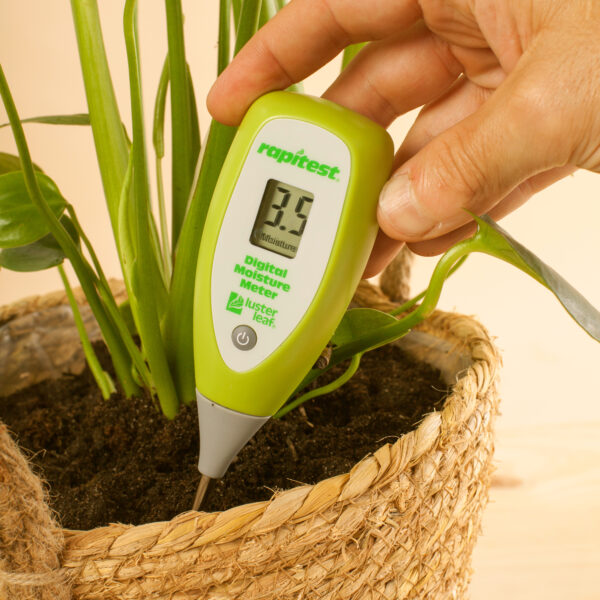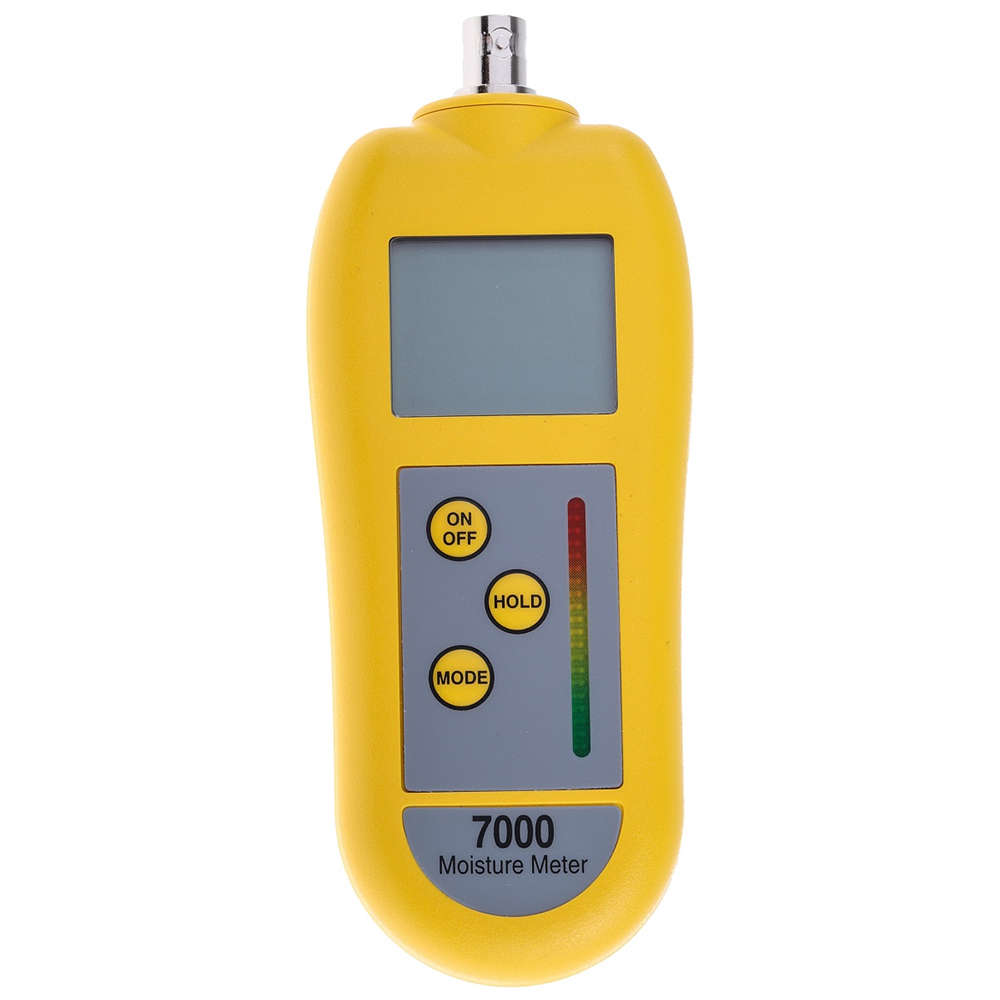The Ultimate Overview to Picking the Right Moisture Meter for Your Needs
The Ultimate Overview to Picking the Right Moisture Meter for Your Needs
Blog Article
The Ultimate Overview to Moisture Meters: A Comprehensive Introduction and Just How They Can Conserve You Cash
In the world of building maintenance, construction, and different markets, the significance of accurately gauging dampness degrees can not be overemphasized. Moisture meters act as important devices in detecting and keeping an eye on moisture material in materials, assisting in protecting against expensive damages and ensuring the top quality of items. Understanding the subtleties of different sorts of wetness meters, their applications, and the prospective cost-saving benefits they use can be a game-changer for experts and businesses alike. Uncovering exactly how these tools can not just simplify processes yet likewise add to monetary savings is a trip worth embarking on.
Kinds of Moisture Meters
One typical type is the pin-type moisture meter, which determines the electric resistance between 2 pins placed right into a material. Pinless wetness meters, on the various other hand, usage electromagnetic sensing unit plates to check a larger area without causing damage to the product's surface area.
Infrared dampness meters determine the thermal residential properties of a material to identify its moisture web content non-invasively, making them beneficial for applications where pin or pinless meters may not be appropriate. Comprehending the different kinds of wetness meters available can help industries pick the most proper tool for their details wetness dimension requirements.

Advantages of Using Moisture Meters

In addition, using moisture meters can lead to increased energy effectiveness. In farming setups, dampness meters play a crucial duty in optimizing crop yields by enabling farmers to keep track of soil moisture levels and make informed irrigation choices.
How to Choose the Right Moisture Meter
Picking the appropriate dampness meter entails taking into consideration vital variables such as material compatibility, measurement range, and calibration accuracy. When picking a dampness meter, it's important to make sure that the meter appropriates for the certain material you will be screening. Different materials have varying electric residential or commercial properties that can affect dampness readings, so selecting a meter designed for your product is vital for precise results. Furthermore, think about the dimension variety of the wetness meter. Ensure that the meter can detect wetness degrees within the variety required for your applications. Calibration precision is one more crucial variable to remember (Moisture Meter). Opt for a dampness meter with trusted calibration to make sure specific and constant readings. Some meters might need periodic calibration adjustments, so recognizing the calibration process is necessary. By very carefully assessing these variables, you can select a dampness meter that meets your demands and provides continue reading this accurate wetness dimensions for your jobs.
Correct Techniques for Moisture Meter Usage
To ensure exact wetness readings and take full advantage of the effectiveness of a dampness meter, using appropriate techniques is essential. When utilizing a pin-type moisture meter, put the pins or probes into the product being evaluated until they make complete contact. By complying with these appropriate techniques, individuals can rely on their wetness meter to provide credible moisture degrees, aiding in protecting against costly damages or ensuring top quality in different applications.

Price Savings Via Moisture Meter Applications
How can the critical use of moisture meters lead to considerable price financial savings across different industries? In the farming sector, moisture meters help in determining the optimum time for harvesting crops, protecting against over-drying or excess dampness that can important link affect the last product's high quality.

Moreover, in the food handling sector, moisture meters are important for keeping track of product quality and ensuring compliance with safety and security laws. By properly determining moisture web content in foodstuff, suppliers can protect against wasting, maintain quality, and minimize waste, leading to substantial expense savings. Overall, the critical application of wetness meters is an important financial investment that can cause substantial price reductions and improved effectiveness across different industries.
Verdict
Finally, dampness meters are valuable devices for gauging and spotting dampness levels in different materials. By using the appropriate wetness meter and adhering to proper methods, customers can successfully avoid look what i found pricey problems triggered by excess wetness. Purchasing a quality wetness meter can result in substantial cost savings over time by recognizing potential problems beforehand and enabling punctual removal. Inevitably, dampness meters are important instruments for preserving the honesty and longevity of structures and materials.
Moisture meters offer as indispensable devices in detecting and monitoring moisture material in products, aiding in stopping pricey problems and making sure the high quality of items. Infrared dampness meters gauge the thermal properties of a product to establish its wetness material non-invasively, making them helpful for applications where pin or pinless meters may not be ideal.Wetness meters provide important advantages in properly assessing and checking dampness degrees in diverse products and environments. In agricultural setups, moisture meters play a crucial duty in optimizing plant yields by making it possible for farmers to keep track of soil dampness levels and make educated irrigation choices.In conclusion, dampness meters are beneficial devices for spotting and gauging wetness degrees in various products.
Report this page